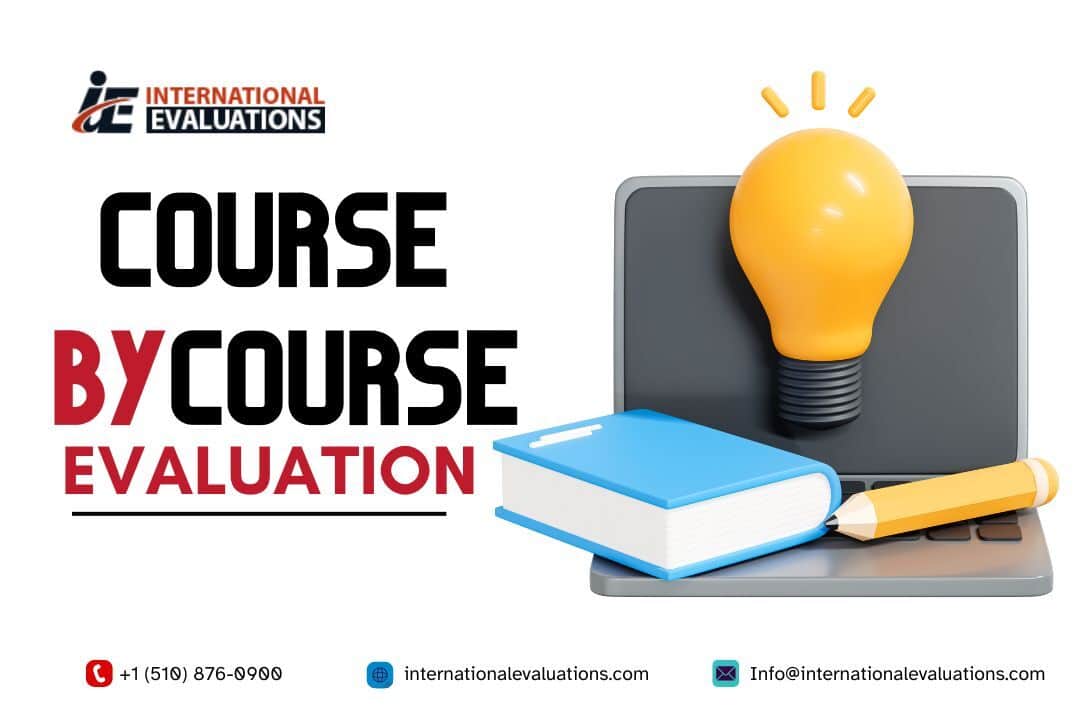Introduction
In today's competitive task market, the shift from classroom discovering to real-world application is more crucial than ever. Students and professionals alike are seeking ways to equate their work experiences into scholastic credits. This post checks out the complex procedure of examining work experience for education credit, underlining its significance in individual and professional development.
As we explore this subject, we will discuss numerous aspects of scholastic credential examination, worldwide credential examination services, course-by-course credential evaluation, and how they connect to work experience evaluation. In addition, we'll explore professional opinion letters and business strategy evaluations as part of this multifaceted journey.
From Classroom to Career: Evaluating Work Experience for Education Credit
The bridge in between classroom education and career success often includes recognizing the value of useful experience. Numerous students build up substantial work experience during internships or part-time jobs that may not be formally acknowledged by educational institutions. But how can one make sure that these experiences count toward their academic credentials?
Why Examine Work Experience?
Evaluating work experience is important for several factors:
Recognition of Skills: It verifies the abilities obtained through hands-on experiences. Enhanced Employability: Companies progressively seek candidates with useful understanding alongside official education. Personal Growth: Recommendation of previous experiences improves confidence and motivates lifelong learning.Types of Credential Evaluation
Understanding the different kinds of credential assessments available can assist individuals navigate this procedure effectively.
Academic Credential Evaluation
Academic credential https://daltongeci066.mystrikingly.com/ evaluation assesses foreign academic credentials versus established standards in another country. This process is crucial for international trainees or workers aiming to prove their educational background.
International Credential Evaluation Services
These services focus on evaluating foreign qualifications and identifying their equivalency in the host nation's instructional system. They supply reports that outline the level and kind of education received abroad.
Course-by-Course Credential Evaluation
This detailed analysis breaks down each course taken throughout a degree program, offering insights into grades earned and credit hours finished. It's particularly helpful for students seeking to move credits between institutions.
Work Experience Evaluation
Work experience evaluation serves as an approach to formally examine non-academic skills gotten through employment or volunteer activities. Here's how it works:
Documentation: Individuals need to gather documents such as job descriptions, performance evaluations, and any appropriate certifications. Comparative Analysis: The evaluator compares this info versus developed academic competencies. Outcome: The outcome might lead to scholastic credits awarded based on shown knowledge and skills.The Function of Specialist Viewpoint Letters
A professional viewpoint letter can boost your case when seeking credit for work experience. These letters usually originate from industry professionals who can attest to your abilities and contributions in a specific field.
What Needs to a Professional Viewpoint Letter Include?
- An introduction of your function in the organization Specific abilities you developed How your experiences connect to scholastic outcomes
Having a specialist back your abilities not just provides trustworthiness but also improves your general portfolio when obtaining advanced research studies or positions.
Business Strategy Assessment as a Knowing Tool
Creating a service strategy can be an exceptional way to display your understanding of theoretical ideas used in real-world situations. An extensive evaluation of a business strategy may highlight competencies such as tactical thinking, monetary preparation, and market analysis.
FAQs
1. What types of work experiences get approved for scholastic credit?
Typically, work experiences that straight connect to your discipline or show transferable abilities are qualified for academic credit.
2. How do I discover global credential assessment services?
You can browse online directory sites or seek advice from educational institutions that often have partnerships with reputable credential evaluators.
3. Is there a charge related to obtaining an expert viewpoint letter?
Yes, many specialists charge for their time invested writing these letters; however, some might provide them pro bono depending on the situation.

4. Can I receive credit for overdue internships?
Absolutely! Unpaid internships frequently offer vital experience and can be evaluated similarly to paid positions.
5. How long does the credential assessment procedure take?
The timeline varies based upon the service utilized but normally ranges from a couple of weeks to several months.
6. Are there specific files required for course-by-course evaluations?
Yes, you will require records from all post-secondary institutions attended, together with detailed course descriptions when possible.
Conclusion
Transitioning from class knowledge to profession readiness needs acknowledging the significance of useful work experiences in education credit assessments. As we have actually checked out in "From Classroom to Career: Examining Work Experience for Education Credit," both trainees and specialists stand to acquire significantly by leveraging their real-world experiences towards their scholastic goals.
By using different types of examinations-- be it through academic credential evaluations or professional opinion letters-- people can boost their qualifications while promoting lifelong knowing concepts that adhere carefully to today's vibrant labor force demands.
In summary, accepting both theoretical knowledge from classrooms in addition to experiential learning gained through professional engagements produces well-rounded candidates all set to deal with the difficulties ahead in their careers.